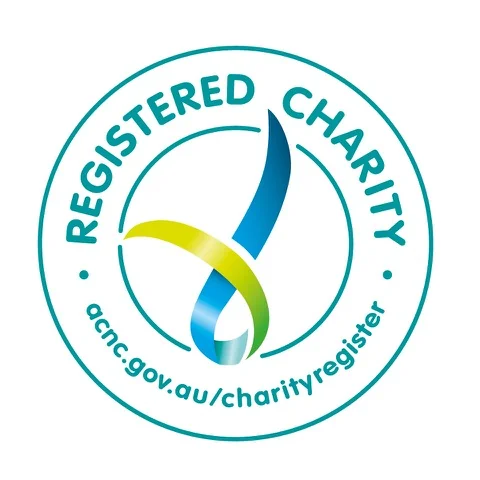Art historian, art critic, museologist. Former President ICOM-Poland, member SAREC ICOM, AICA. Professor at the Academy of Fine Arts, Warsaw, where she is Head of the Theory Department, Faculty of Graphic Art; Deputy Director, King Jan III Palace Museum, Wilanów, Warsaw. (2022)

